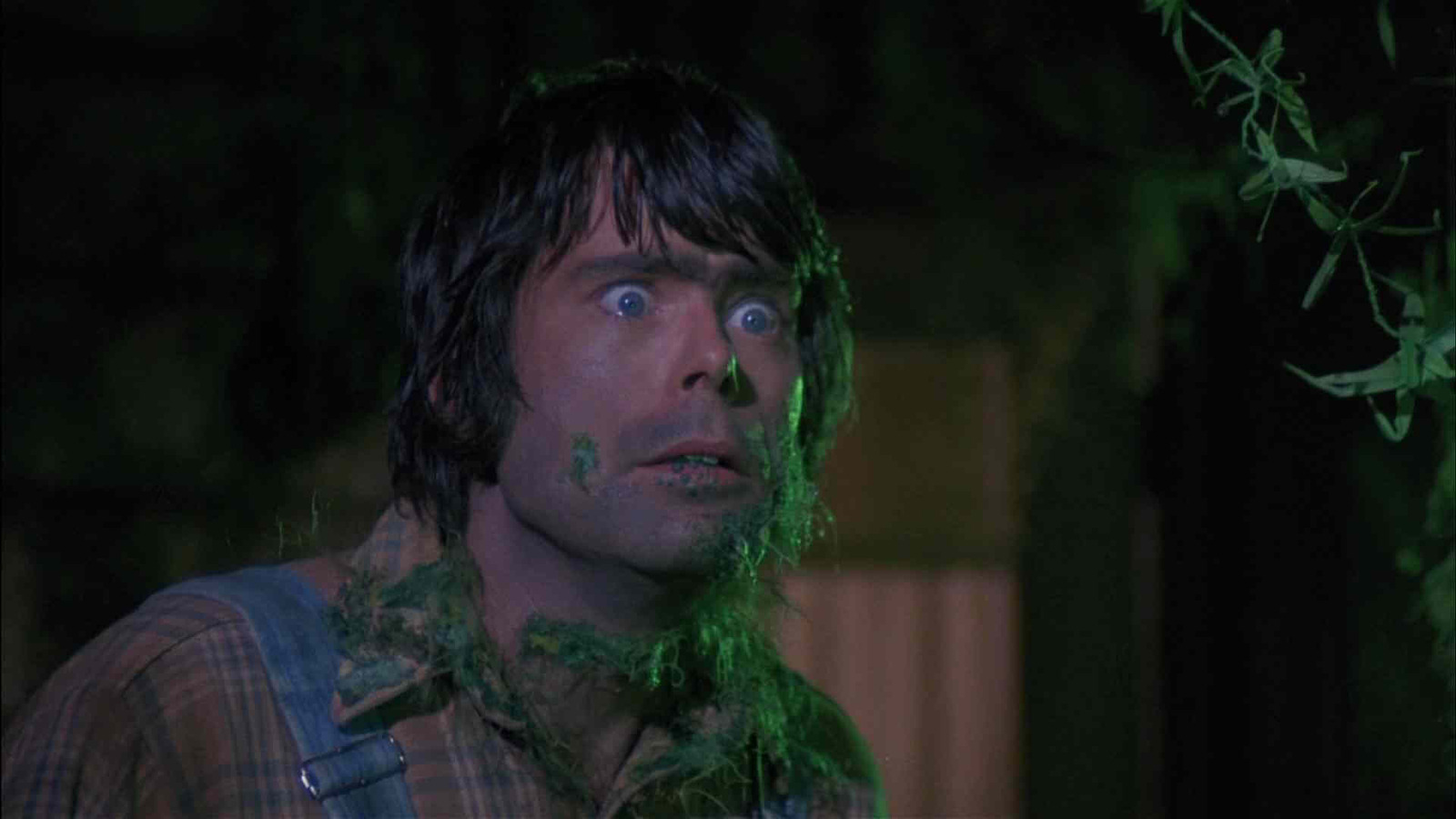
Stephen King’s Top Pick for Horror Fiction Writers: H.P. Lovecraft
In the realm of horror fiction, Stephen King is a towering figure with a wide-ranging literary palate that extends beyond the confines of the genre he’s best known for. Although King’s admiration spans from classic novels like “Lord of the Flies” to “Watership Down,” he remains attentive to the seminal writers who paved the way for modern horror. With a career built on tales that chill the spine, King draws clear influence from the pulp horror magazines and EC Comics that shaped his formative years.
A significant nod to his inspirations is found in King’s 1982 creation “Creepshow,” a direct homage to the “Tales from the Crypt” comics he devoured in the 1950s. King’s love for reading was cultivated from a young age, and he fondly recalls a diverse array of authors that informed his craft. While he adored the imaginative narratives of Ray Bradbury and the mysteries penned by Carolyn Keene, he also delved into the darker side of literature, enjoying Robert Bloch’s chilling work “Psycho.” One particular favorite of King’s is Richard Matheson’s “The Shrinking Man,” which he praises for its gripping narrative, later adapted into the memorable film “The Incredible Shrinking Man.”
In a fascinating twist, King credits William Golding’s “Lord of the Flies” as a novel that transformed his understanding of literature, sparking a realization that books can capture the raw truths of existence. He remarked that it was a narrative that went beyond mere entertainment, embodying serious themes of life and death. King’s affection for 1950s EC Comics is also well documented; he has discussed how these publications ignited his passion for horror during his impressionable years, alongside classic films like “Creature from the Black Lagoon” and “The Brain from Planet Arous.”
When asked about his childhood horror influences, King dived into his early experiences with the works of H.P. Lovecraft, stating that the 1940s paperback editions of Lovecraft he discovered in an aunt’s attic profoundly impacted him. He asserts that despite Lovecraft’s flaws, he stands out as perhaps the greatest writer of horror fiction in American history. This observation underscores King’s encouragement to explore Lovecraft’s short stories, showcasing the reclusive author’s lasting relevance. Lovecraft, who emerged from Providence, Rhode Island, led a life marked by personal tragedy and social isolation, experiences that shaped the disquieting tone of his work.
His hallmark creations, including those within the Cthulhu mythos, echo themes of existential dread and humanity’s insignificance in the grand cosmos. Lovecraft crafted nightmarish entities and tales where the human experience is dwarfed by these ancient beings, leading to madness and terror. The pronunciation of “Cthulhu,” meant to replicate an almost grotesque sound, share Lovecraft’s bleak outlook on humanity’s place in the universe.
Lovecraft’s mastery of language is notable; he possessed a flair for prose that encourages aloud reading. His influences extended from Edgar Allan Poe to the literary complexities found in later writers like Vladimir Nabokov. Yet, despite his talent for words, Lovecraft remained largely unrecognized during his lifetime, passing away in obscurity at the young age of 46 due to colon cancer. His works, however, later found their way into anthologies, securing a phenomenon that resonated with countless fans.
Among the modern age, Lovecraft’s narratives have transitioned into various media, from cult films like “Re-Animator” to an array of board games inspired by his profound mythos. The once uncelebrated writer has blossomed into a cultural iconic figure embraced by enthusiasts and collectors alike.
However, it’s crucial to address Lovecraft’s controversies. His writing contains overtly racist sentiments and a troubling lack of representation; he held views that later generations would vehemently contest and criticize. Despite his disdainful personal beliefs, Lovecraft’s intricate tales of horror remain exhilarating and compelling, creating a complex legacy that continues to influence emerging authors.
In summation, King’s acknowledgment of Lovecraft not only reflects on the latter’s significant contributions to horror fiction but also encapsulates the multifaceted relationship between admiration and critique in literary legacies.




